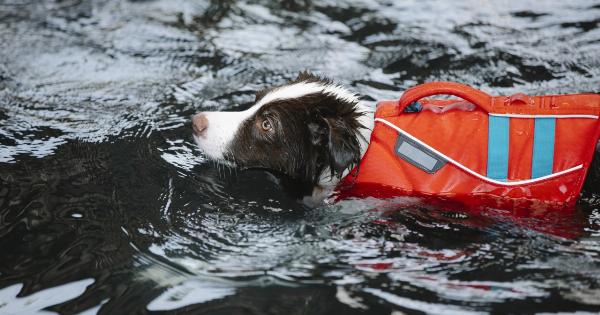Babies can cry for a variety of reasons and it can be difficult to know exactly what they are trying to communicate. As a new parent, it is important to start learning your baby’s cues and understand the possible reasons behind their cries.
Here are 11 possible causes of baby cries:.
Hungry Baby Cries
One of the most common reasons for a baby to cry is hunger. A newborn’s stomach is small and they require frequent feeding.
Look for feeding cues, such as sucking on their hands or rooting (turning their head and opening their mouth) when you touch their cheek. If your baby cries after they finish feeding, they may still be hungry and need more milk.
Dirty Diaper Baby Cries
Another common reason for baby cries is a dirty diaper. Some babies will fuss and cry as soon as they soil their diaper, while others may not seem bothered by it. Check your baby’s diaper frequently to avoid discomfort and diaper rash.
Tired Baby Cries
Babies need a lot of sleep, but they can become overtired and have trouble settling down. Watch for yawning, eye rubbing, and fussiness as signs that your baby may be ready for a nap.
Establishing a soothing bedtime routine can help encourage better sleep for your little one.
Colic Baby Cries
Colic is defined as crying for more than 3 hours a day, for 3 days a week, for 3 weeks or longer. It can be a challenging and frustrating experience for both parents and baby.
Colic can have various causes, such as digestive issues, but its exact cause is still unknown. Some common strategies that may help alleviate colic include swaddling, white noise, and gentle movement.
Illness Baby Cries
If your baby’s cries are accompanied by other symptoms, such as a fever or cough, they may be ill and in need of medical attention.
Look for signs of illness and discomfort, such as a rash or difficulty breathing, and contact your pediatrician if you have concerns.
Teething Baby Cries
Teething can be a painful process for some babies, which can lead to fussiness and crying.
Watch for signs of teething, such as drooling and chewing on objects, and try to provide soothing relief by rubbing your baby’s gums with a clean finger or giving them a cold teething ring to chew on.
Boredom Baby Cries
Babies may also cry simply because they are bored or understimulated. Try providing new toys or activities to keep your little one entertained and engaged.
Playing music or singing songs can also provide sensory stimulation and help distract from fussiness.
Overtired Baby Cries
If your baby has been awake for too long, they may become overtired and have difficulty settling down.
Watch for signs of overtiredness, such as fussiness and difficulty calming down, and try to establish a consistent sleep routine that includes regular naps and bedtime.
Separation Anxiety Baby Cries
Babies can also become upset and cry when separated from their caregivers. This is a normal part of development and can occur around 8 months of age.
Try to establish a consistent routine that includes regular socialization with family members and caregivers, and provide comfort and reassurance during times of separation.
Overstimulation Baby Cries
On the opposite side of boredom, babies can also become overstimulated by too much noise, light, or activity. Watch for signs of overstimulation, such as fussiness and agitation, and try to create a calm and soothing environment to promote relaxation.
Gas and Reflux Baby Cries
Babies may experience discomfort and crying due to gas or reflux. Look for signs of discomfort after feeding, such as arching their back or pulling their legs up to their chest, and try to soothe through gentle movement and burping.
If your baby has recurring reflux, talk to your pediatrician about possible treatment options.



























